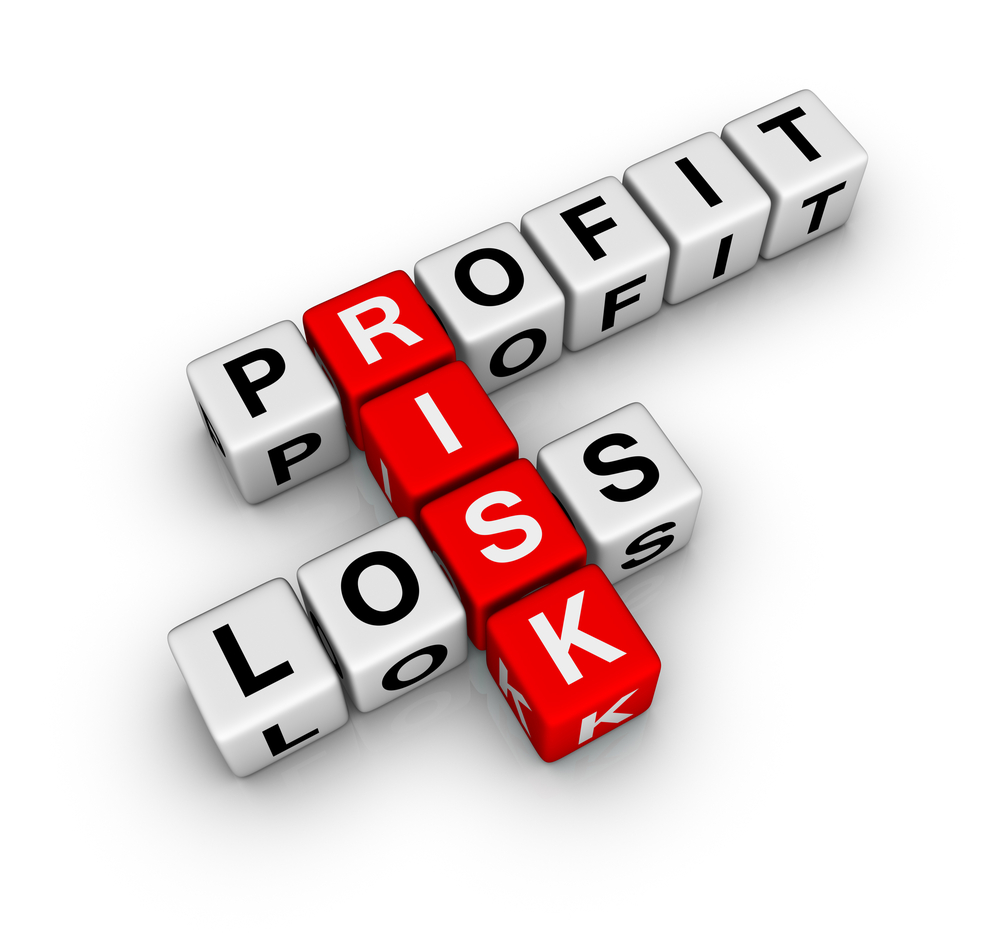-

-
Published on
12/09/2014
by Bill.Tamva
10 Hot Tips for Buying a Business
Buying and owning your own business can be a daunting venture.
But it's always going to be easier – and less risky – if you buy an existing business rather than starting one from scratch. An existing business already has loyal customers, an established reputation, and knowledgeable employees.But they can bring risks of their own. Even with a pre-existing business, there are certain things you must consider before you buy, and there are definitely certain things you can do to make the purchase and transition an easier one.
At AnyBusiness, we understand that the list of things to do before you buy can look discouraging. So we've supplied the top 10 tips you need to know to buy your dream business today.
1. Know The Industry
Once you've done your preliminary research, it's time to dig deeper. You've chosen an industry to work in, but if you're going to buy a business, you want to know everything about that industry before you throw yourself head first into it. Is it retail, management, industrial? All niches are going to have different strategies.
There are a few things you want to ask about your industry before you buy. These include:
- Who will your main competitors be?
- What does the future of the industry look like?
- What future risks are associated with the industry?
- What is the current demand for your product or service? And how will it fare in the future?
- Are the prices rising or falling?
A sure-fire way to get quick responses is to contact the professional industry association or body.
2. Enlist a Business Broker
Even if you think you know everything there is to know about buying a business, there are bound to be important bits of information that slip through the cracks. There are so many legal and financial documents out there, as well as numerous checklists you should complete to be sure you've chosen the right business, that
it's often safest to acquire your own business broker.
Each business is unique, and that means that the information and documents you need for your business will be very much tailored to suit its own characteristics. Business brokers can bring their extensive knowledge together to give you sound advice about acquiring that business, making sure you have all legal and financial bases covered before you commit.
They know what makes a business successful, so they'll be invaluable in helping you assess to the viability and value of a business for sale. You'll more than appreciate their input when they help you with the lengthy process of due diligence.
3. Conduct Due Diligence
It would be crazy to buy a business without conducting full due diligence
. This is an investigation or audit of a business. As you conduct due diligence, you perform background checks and fact checks to make sure that everything is right, proper and legal before you commit.With due diligence, you scrutinise a business's financial records, business systems and documents to ensure the business is fit and healthy before you buy. Just as you take your car for a test drive before you buy, you want to know that the business is profiting before you invest.
Look at the books and analyse sales growth, profit margins, overheads, scope for improvement, and the potential value your own knowledge and skills can bring to the business. Check stock levels (if they're rising, it doesn't look good), the size of debts, and key performance indicators (are they regularly monitored?).
Look at the business's treatment of employees: what are their skill levels? How high is employee turnover? And is their pay consistent with industry awards?
Pay attention to any potential indicators of mismanagement. This could include:
- Bad administration or employment practices
- A high number of customer complaints
- High refund or repair claims
- Constant discounting
- Poor marketing results
A business with a bad reputation can be harder work to bring up to standards and present a greater investment risk than a well-managed business.
Finally,
consider legal aspects of the business
. Find out if there have been – or are – lawsuits and determine who legally owns all key assets, including property, vehicles, equipment and even intellectual property. You don't want to be caught out after you've bought out.4. Don't Take the Documents at Face Value
It would be a mistake to believe that all businesses operate with utmost honesty, as much as we'd like to think that's the case. Make sure you compare industry market trends and sales forecasts with the business's financial projections. Are the targets achievable or overblown?
Talk to customers and suppliers as well as employees. And be sure to visit the business plenty of times and at different times of the day. Make appointments but also come unannounced – owners have been known to invite family and friends to make business look busier than it really is.
5. Be a Customer
The best way to learn about a business's quality and success is to be a customer. If it's a restaurant, for example, sit yourself in a corner, order a meal and observe the comings and goings of patrons. Pay attention to staff conduct, the quality of the food and drinks, the reactions of customers, and the general vibe.
6. Find Out Why the Owner is Selling
The motivations behind selling up could give you important clues into the success of a business. Ask are the owners selling up under pressure or choice? Indications of a distressed sale include:
- An urgent sale schedule
- A prolonged presence on the market
- Consistent lowering of the price
- Disputes between owners
- Poor financial position
Knowing if the owner is keen to sell gives you a distinct advantage in negotiations and you could likely bargain a lower price than is asked to secure the sale.
7. Know What's Included
Don't be caught unaware – find out exactly what will be included in your contract after you've bought a business. When you conduct due diligence, you'll find out whether there are any conflicting contractual obligations which may impede employees or suppliers from continuing employment or business with you.
In your discussions with employees, determine who would be willing to stay despite a change in ownership – having staff who already understand the business can be crucial to the ongoing success of a business after a change of hands.
Try to include the seller's involvement in the business post-payment.
If the seller sticks around, they can train you in the ways of the business, so you can transfer the business into your hands seamlessly.
8. Watch Out for Higher Risk Businesses
Businesses which could be riskier investments can prove to be hugely rewarding – but they will also be hard work and don't promise speedy (or any!) success. Signs that a business could be high risk include:
- Having assets worth less than your offer price
- Relying on one or two major customers, suppliers or employees
- Being currently unprofitable
- Having a history of losses
It's at your discretion whether you choose to invest in a high risk business, but we highly recommend you consult with a business broker at this point.
9. Try to Buy Now and Pay Later
A buy now and pay later scheme is a great way to make sure you get your money's worth when you buy a business. It allows you to secure your contract today and pay off the business over a period of time using money you've generated from the business.
If a seller agrees to such a deal, it shows they're much more confident in the profitability of the business, and it gives you a bit more security with less risk in the initial investment.
10. Review the Purchase Agreement Carefully
Once you've agreed on a price with the seller, you'll receive a legal purchase contract. This is the be-all-and-end-all of your business-buying venture, so you want to be satisfied. Make sure you understand what you're agreeing to before you sign.
The contract cites the price you'll pay, the payment method, inclusions in the purchase (such as a share, assets or both; employee and supplier contracts, etc.), the seller's involvement after purchase, and any potential restraints of trade (to ensure the seller doesn't open a competing business in the same vicinity).
We recommend that you
consult a legal adviser and accountant
at this point to ensure the contract is in your best interests. It sounds like a lot of effort, but after you've signed the contract, away you go. And from then on out, you're driving the ship and ready to reap the rewards.If you think you are ready to manage and run your own business then check out what is available in the way of existing businesses on the AnyBusiness site.
Related articles



